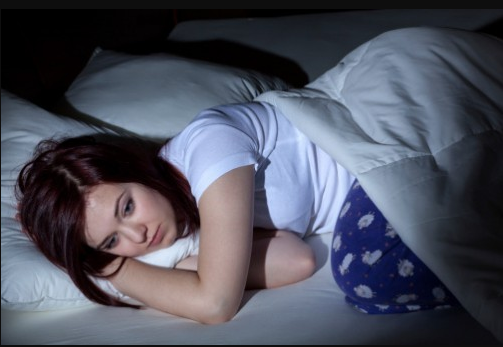According to the population-cohort study that used data from the Health and Retirement Study HRS, insomnia symptoms are related to the increased risk of stroke. Wendemi Sawadogo, MD, MPH, and colleagues from Virginia Commonwealth University, Richmond, conducted the study. It was found that persons reporting less severe insomnia had a 16% more risk of stroke. While others suffering from severe insomnia had a 51 increased chance of stroke over an average follow-up period of 9 years compared to those without insomnia symptoms.
The study also reveals the association between severe insomnia and stroke risk wast more among persons under 50, with a nearly four-fold increased risk, compared to their older counterparts, who had a 38% increased risk. The researchers discovered that this difference might be due to a higher stroke rate in older age groups and additional risk factors in the elderly.
They also emphasized that managing insomnia symptoms could be an effective strategy for stroke prevention, specifically in the younger generation. The new research also contributes to the previous research that has uncovered the link between stroke and sleep disorders outside of obstructive sleep apnea, although previous results have been mixed. Latest studies have also shown an association between various sleep issues, such as sleep duration and difficulties in maintaining sleep, and increased stroke risk.
Also, read about
Samsung Reveals Galaxy Z Flip 5, Fold 5: The Future Of Foldable Smartphone
















